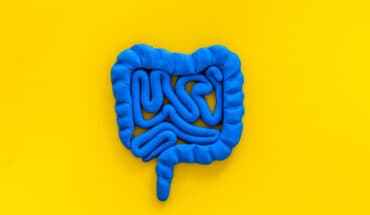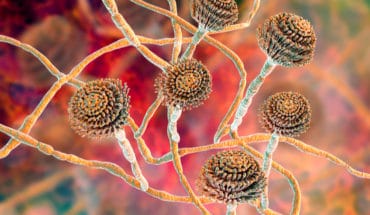TJ: In a recent article titled ‘’The future of neonatal BCG’’ (1), you suggest that, from bacteriological and immunological perspectives, there is no substitute for home birth. Can you clarify this point of view?
MO: We must first realize that, from such scientific perspectives, the period surrounding birth has been radically altered during the past decades. A century ago, most women were giving birth in bacteriologically familiar and diversified environments. Today most women, all over the world, give birth in bacteriologically unfamiliar and less diversified environments. In other words, out of home birth is now the rule.
TJ: Why is the bacteriological birth environment so important?
MO: To explain the importance of this aspect of the birth environment and to phrase questions adapted to our species, we must first recall the particularities of the human placenta. The human placenta is special, because it is highly effective at transferring the maternal antibodies (namely IgG) to the fetus: microorganisms that are familiar to the mother are already familiar to the human newborn baby. It is different among other mammals since, as a general rule, there is no transfer of antibodies before birth: then the priority is immediate and easy access to colostrum. For example, a calf deprived of early colostrum cannot survive. Among humans, even if the early colostrum is beneficial, it is not vital. In our species, the main preoccupations are different. They are about the bacteriological environment in the birthing place, how diverse it is and how familiar it is to the mother. We understand today that the first microbes that colonize the body of a human newborn baby start educating its immune system. In other words, the minutes and hours following birth are critical for immune programming.
TJ: Are there not degrees in the way birth environments have been recently altered?
MO: Yes. There are extreme situations. Let us mention the frequent case of babies exposed to antibiotics during the birth process and the case of babies born by caesarian section in the sterile environment of an operating room. The effect of a C-section is to bypass the bacteriologically rich perineal route.
TJ: What are the possible long-term consequences of such a turning point in the history of childbirth?
MO: There are serious reasons to anticipate changes in the prevalence of dysregulations of the immune system. When we refer to dysregulations of the immune system, we are thinking first of allergic diseases and auto-immune diseases. This will probably be confirmed by a new generation of epidemiological studies. When exploring our database (primalhealthresearch.com) we already have access to published studies that detected risk factors in the period surrounding birth for such dysregulations of the immune systems.
TJ: Should it be possible to compensate or to minimize the effects of such microbial deprivations?
MO: This should become a major public health preoccupation, since out-of-home birth is arguably an irreversible phenomenon at a planetary scale. We should first consider simple adaptive practices that are feasible overnight. Even during a caesarian birth, an immediate skin to skin contact between mother and baby is often possible. Whatever the mode of birth, the need many mothers feel to kiss their baby should not be suppressed. Kisses are associated with exchanges of microbes that have been underestimated and even ignored until recently.(2) Furthermore there are links between the buccal microbiome and the placental microbiome.(3) The microbes transmitted by maternal kisses are therefore familiar to the newborn baby. In some situations, it might be suggested to wrap the baby in clothes recently worn by the mother and, occasionally, putting the baby in the arms of a person who is cohabiting with the mother. It is probable that many strategies will be evaluated in the near future. For example, the positive effects of the use of probiotics in the perinatal period need to be confirmed.
In such a context, I have suggested evaluations of the effects of neonatal BCG (Bacille Calmette Guérin). BCG has been widely used for decades as a vaccine against tuberculosis and in immunotherapy. It provides attenuated and therefore non-virulent strains of mycobacteria. Mycobacteria are powerful modulators of the kinds of responses of the immune system (‘’Th1/Th2 responses’’) that are suppressed today in the neonatal period. Randomized controlled trials with long-term follow-up would be ethically and technically feasible, since BCG is the only infancy vaccine that has been evaluated that way. Furthermore, whatever the standard of living of the populations and the research protocols, concordant results suggest that BCG has positive nonspecific long-term effects on health.
References:
- http://www.medical-hypotheses.com/article/S0306-9877(16)30026-3/pdf
- Kort R, Caspers M, et al. Shaping the oral microbia through intimate kissing. Microbiome 2014 Nov 17; 2:41. doi: 10.1186/2049-2618-2-41. eCollection 2014.
- Aagaard K, Ma J, Antony KM, Ganu R, Petrosino J, Versalovic J. The placenta harbors a unique microbiome. Sci Transl Med. 2014 May 21;6(237):237ra65. doi: 10.1126/scitranslmed.3008599.
- The Common Points between Carnivorous Inuit & Indian Vegetarians - 14th August 2019
- Stress deprivation and Caesarean birth - 22nd March 2017
- Familiarity breeds strong immune systems - 12th June 2016






